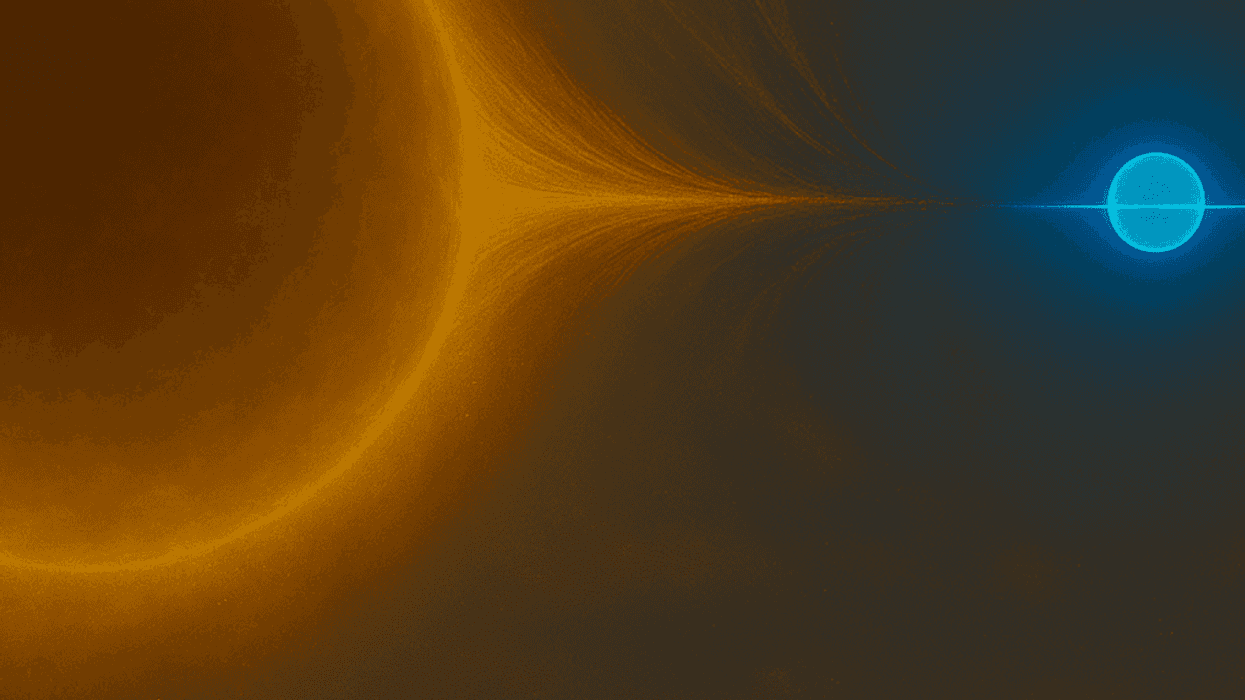Most of us have known a person who has or is facing cancer. It's a brutal disease that kills millions of people every year. There have been many attempts to find solutions to a seemingly never ending problem. Scientists have been studying a new discovery that seems very promising. It involves a process called pyroptosis, and it's the new rallying topic in cancer research.
Scientists have found a sugar compound produced by tiny microbes living in the ocean. This deep-sea bacteria named Spongiibacter nanhainus CSC3.9 produce mannose and glucose, sugar, that can target specific cancer cells caused by a strain of human leukemia. This sugar specifically seeks out the cancer tumor and causes it to rupture and die. It was also found to be effective in a study targeting liver cancer found in mice.
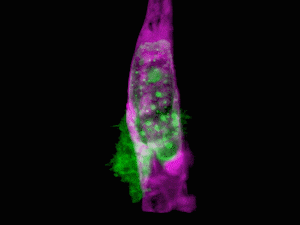
According to the study presented in Science Daily by Wiley, "This natural substance, produced by microbes living in the ocean, causes cancer cells to undergo a fiery form of cell death, essentially making them self-destruct. In lab tests and in mice with liver cancer, the compound not only stopped tumors from growing, but also activated the immune system to fight back. This finding could pave the way for entirely new cancer treatments based on sugars from marine organisms."
What is Pyroptosis?

Pyroptosis is a process in which the cells basically self destruct. As stated in the article, "Pyroptosis is a fiery form of programmed cell death that helps the body fight infections and disease. Unlike regular cell death (apoptosis), pyroptosis is dramatic and explosive—cells swell, burst open, and release inflammatory signals that alert the immune system." The idea being that the bodies natural immune system will target the ruptured cancer cells. Almost as if the tumor itself is the rallying signal for the body to eliminate the problem.
The FASEB Journal shared a research article which spoke on the potential of tumor treatments through pyroptosis. The sugar, active exopolysaccharide, is highly common in Spongiibacter making it a readily usable resource. The article writes, "This study provides an important theoretical basis for EPS3.9 as a new type of marine carbohydrate anti-tumor drug candidate and also provides scientific evidence for the feasibility and potential of tumor treatment by triggering pyroptosis."
What redditors have to say about the promising discovery?
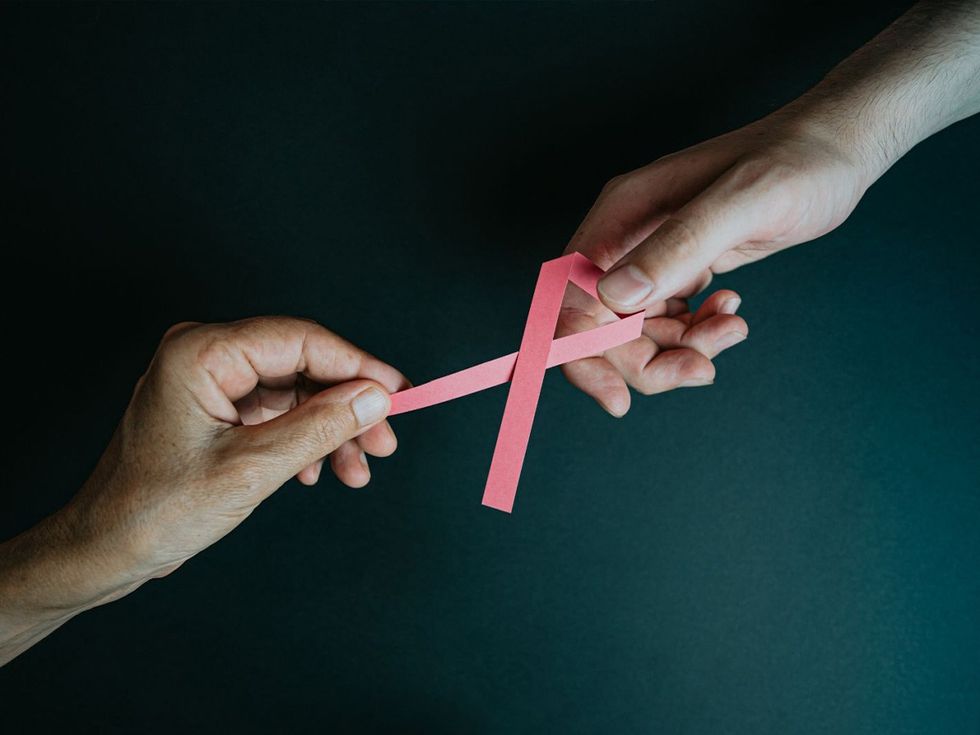
The pain and anger around science and its inability to solve the cancer crisis was relatively strong through the thread. People often feel disillusioned as every year we hear about new amazing discoveries and have yet to witness the benefits. Here are some of the things they said:
- "Anyone else kinda irritated it seems these big headlines always come about some huge cancer breakthrough yet nothing materializes from it? With all the so called breakthroughs and huge amount of funding you would think a cure would be found. Sounds tinfoil hat but almost seems there is something actively working stymie a cure."
- "There's no 'cure for cancer' because cancer isn't one thing, it's thousands of somewhat similar conditions of faulty cellular division and explosive growth."
- "Every cancer is different so there will not be one cure. My husband's cancer was caused by a really specific failing of his immune system and the thing that fixed that is not going to fix, say, leukemia. But the incremental changes are making a difference."
- "Don’t worry Kennedy will find this as unhealthy and ban it immediately."
- "Stuff like this makes me think about how stupid we are for being so destructive to our world. We’re just dumb monkeys playing who’s the King of the Castle, too primitive to see that our 'castle' is just a huge pile of our own crap."
There are many feelings to be had around science and its ability to solve important issues. This groundbreaking marine-derived treatment shows promising results in lab tests. It will hopefully pave the way for a new class of anti-cancer therapies.





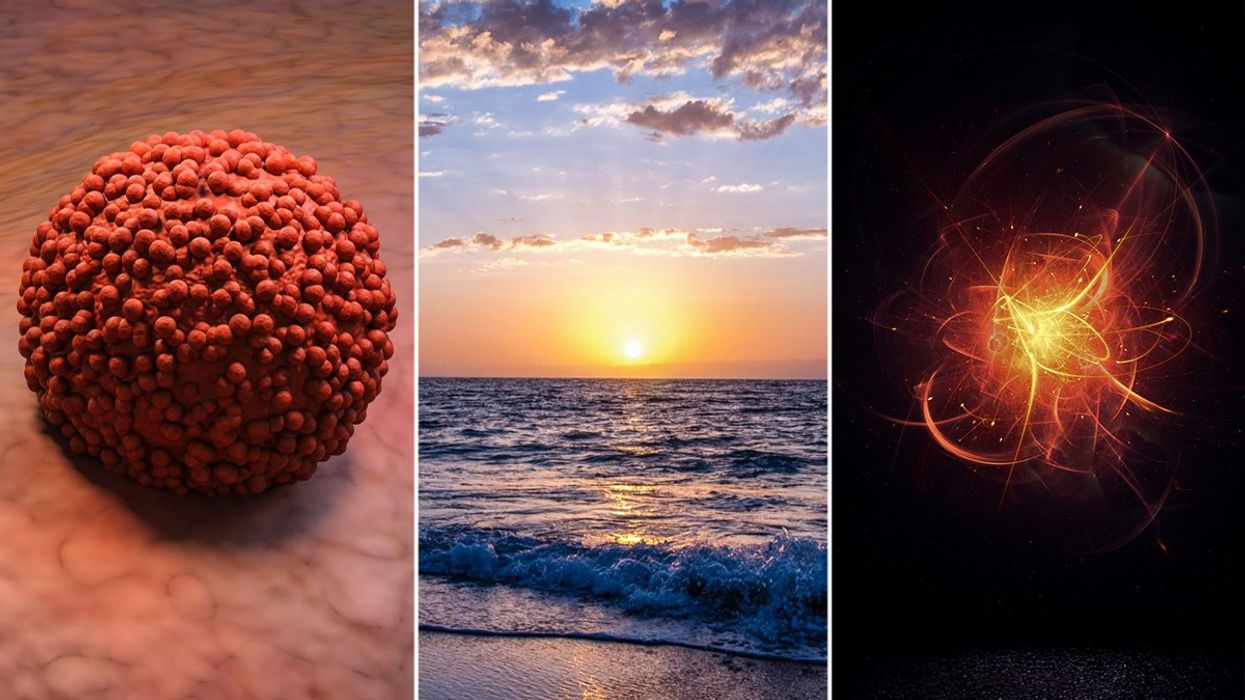











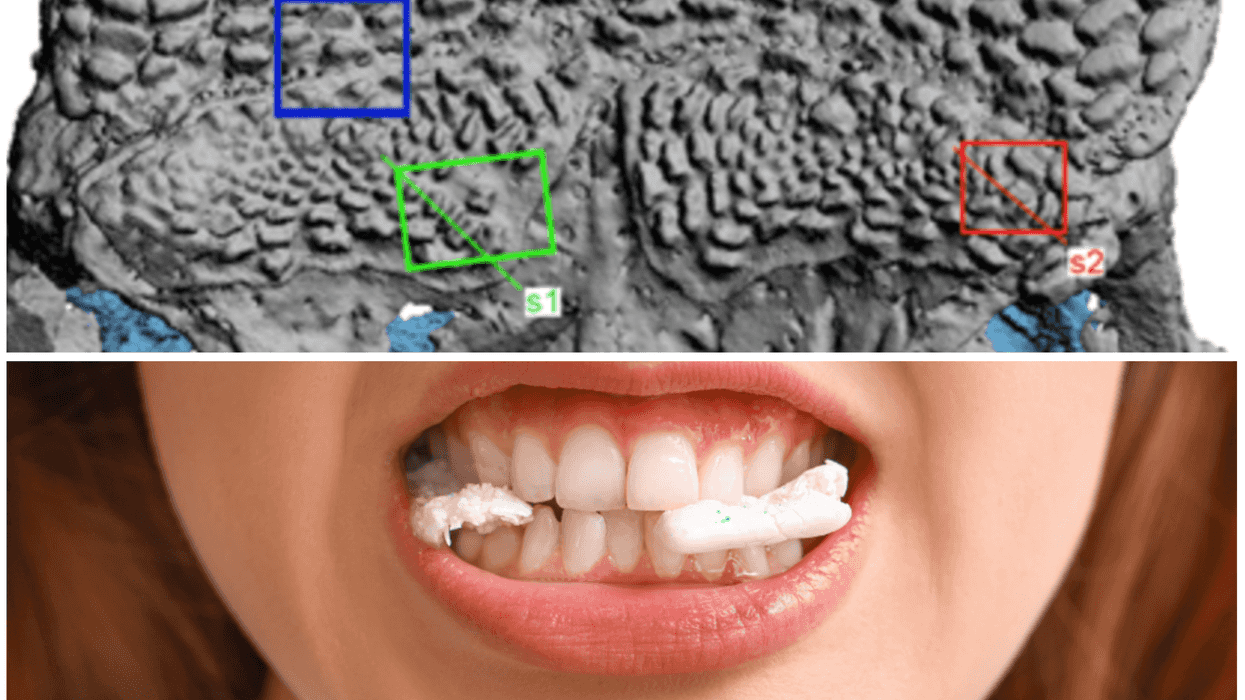

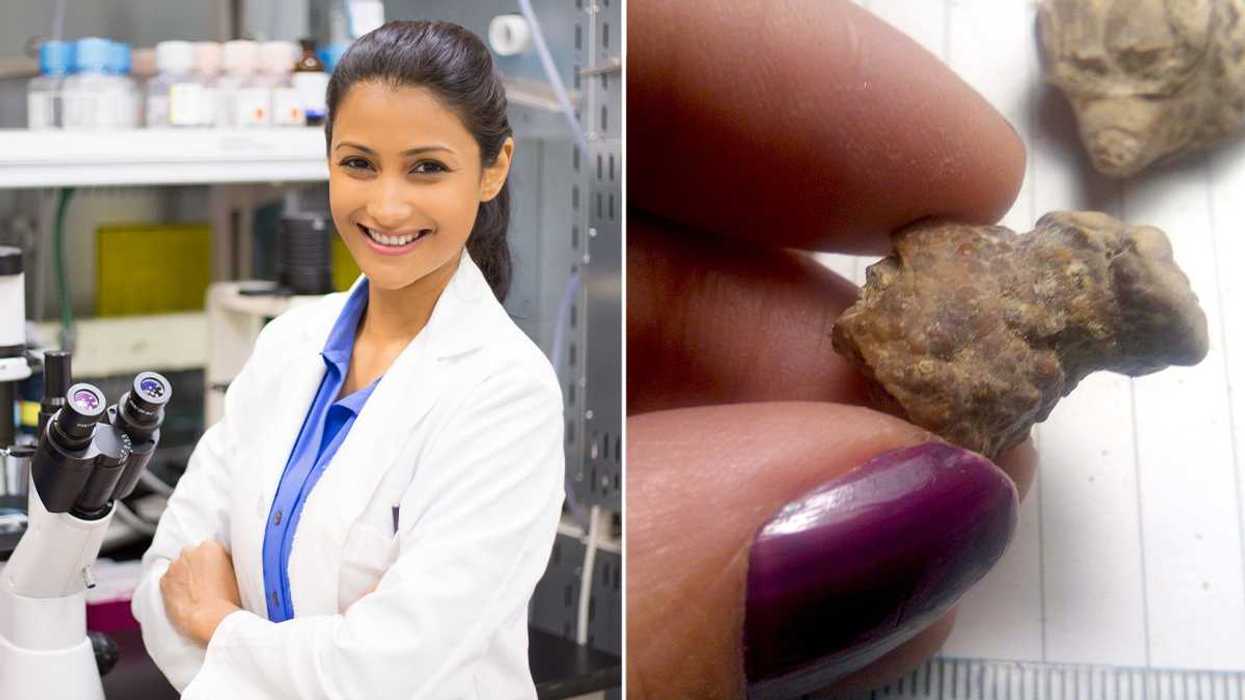
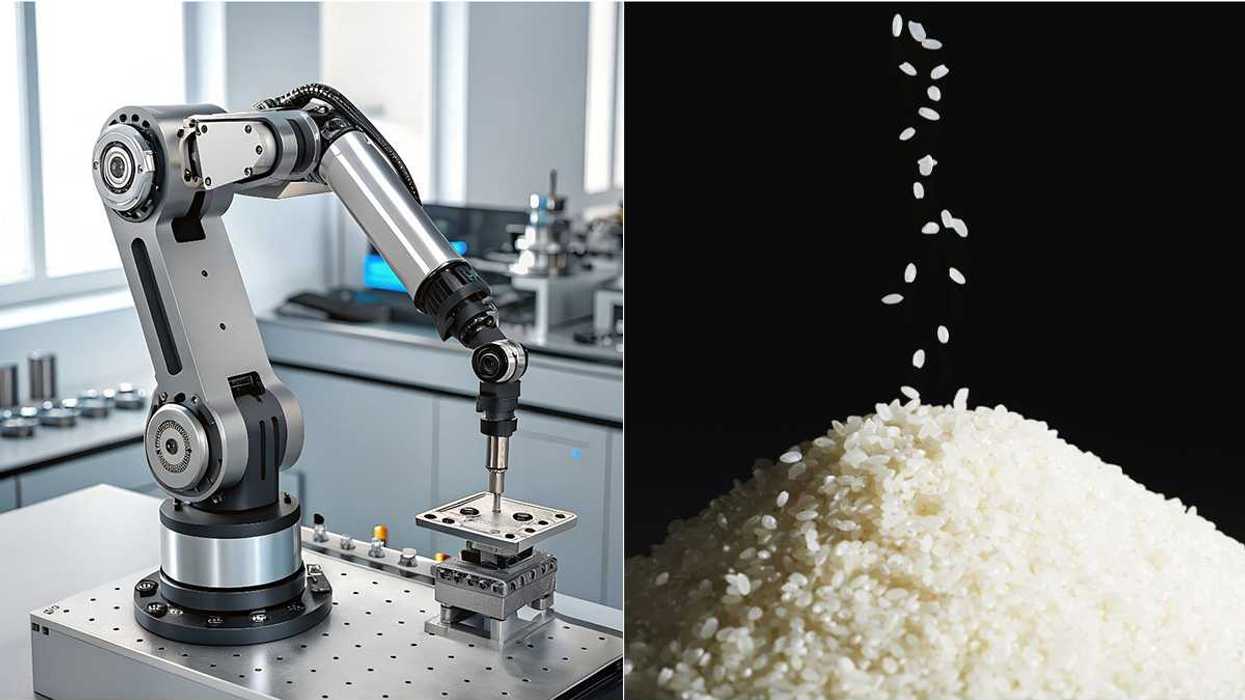 Left: A robotic arm. Right: Rice grains.Photo credit:
Left: A robotic arm. Right: Rice grains.Photo credit:  A diagram on kidney stones.myupchar/
A diagram on kidney stones.myupchar/ 
 Christy Lam-Julian, a mother in Pinole, Calif., reads to her son in April 2025.
Christy Lam-Julian, a mother in Pinole, Calif., reads to her son in April 2025. Children who read bedtime stories with their parents are likely to benefit from a boost in creativity – especially if they consider questions about the books.
Children who read bedtime stories with their parents are likely to benefit from a boost in creativity – especially if they consider questions about the books.